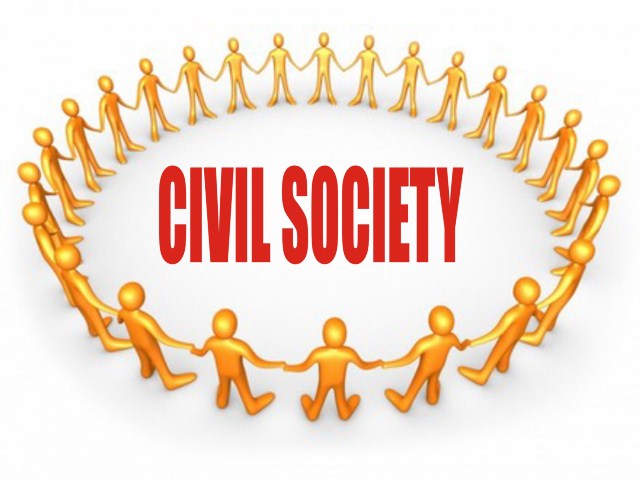State urged to acknowledge CSOs' contribution to good governance, human rights

Kathmandu, June 23: Civil Society Organisations have called on the State to acknowledge their contribution to good governance, development, anti-corruption endeavours, and efforts at safeguarding human rights.
They have urged the government to accept the 'fact' that the presence of civil societies is vital in a democratic system as they are interconnected. "CSOs have consistently supported the State: be it in every democratic movement or during disasters like the 2015 devastating earthquake or COVID-19," said legal expert Prof Dr Bipin Adhikari.
He was speaking at a dialogue on Gender Equality, Disability, and Social inclusion: Enhancing Coordination between Constitutional Commissions and CSOs.
Co-organised by the NGO Federation of Nepal and the Association of International NGOs with funding from the European Union, the event emphasized the need for a robust and collaborative relationship between CSOs and Constitutional Commissions.
Adhikari called for the full implementation of Article 42 (1) of the constitution, which promotes inclusive participation, and for making related laws to create an enabling environment for CSOs while acknowledging the role of civil society in making Constitutional Commissions accountable and transparent.
He stressed the need to empower CSOs with resources.
Speaking at the event, the Chairperson of the National Women Commission, Kamala Kumari Parajuli said that civil societies function as a wake-up call for Constitutional Commissions. "Cooperation of CSOs is needed to increase work efficiency of the NWC," she said.
Acting chair of the National Human Rights Commission Dr Surya Prasad Sharma Dhungel, who attended the event as a Chief Guest, stressed the need for stronger coordination between CSOs and constitutional commissions. He also took time to rue the lax implementation of the Commission's recommendation by the government, saying only 15 percent recommendations were implemented.
Shivahari Bhandari, European Union's representative, highlighted the coexistence and importance of civil societies and constitutional commissions in advancing to improving the society.
According to information shared on the occasion, a global research agency has rated Nepal’s civic space as ‘obstructed’. According to the CIVICUS Monitor report launched globally in 2023, Nepal scored 46 of 100 points qualifying for being in the obstructed (41-60) category.
The report states that Nepal witnessed a number of attacks against press freedom and police crackdown against peaceful protests. Nepal’s rank in terms of civic space freedom, however, remains better than all other South Asian countries except Bhutan, which scored 59.
Among other South Asian countries, only Sri Lanka (41) has reached the oppressed category whereas India (31), Pakistan (30) and Bangladesh (27) are placed in the restricted category.
NGO Federation's project team leader and Director Hum Bhandari said the primary object of the programme is to discuss gender policies, provisions and practices of the constitutional commissions and to enhance gender equality and inclusion through better coordination with CSOs


Leave Comment